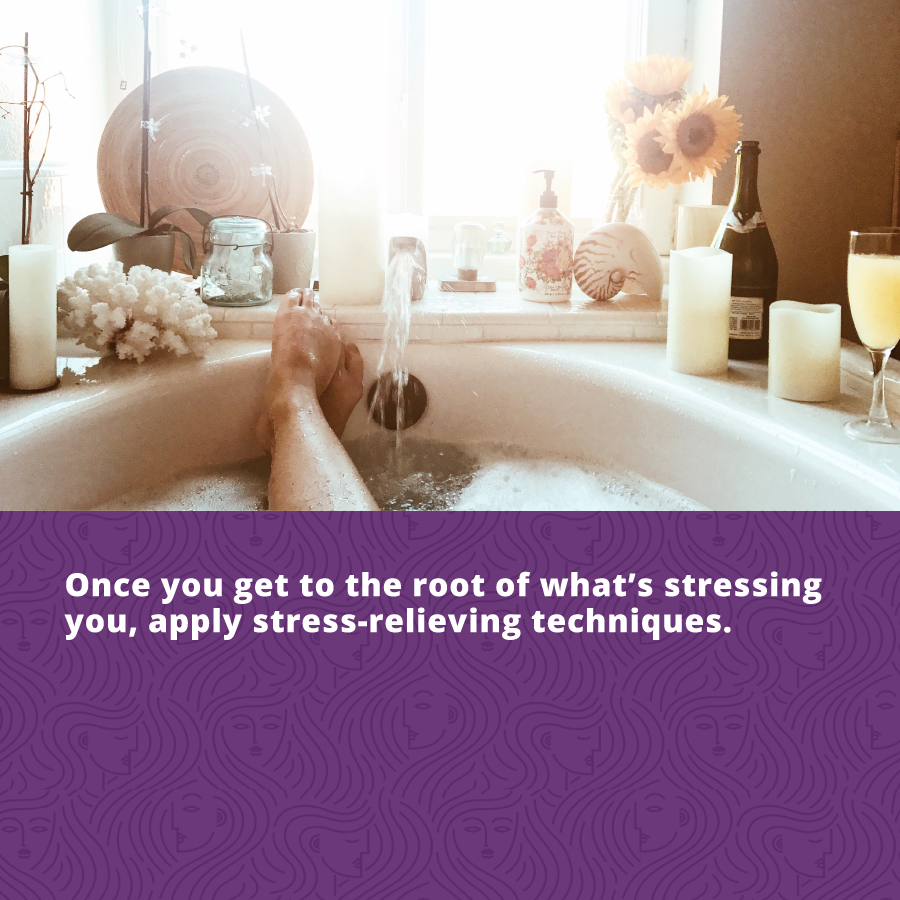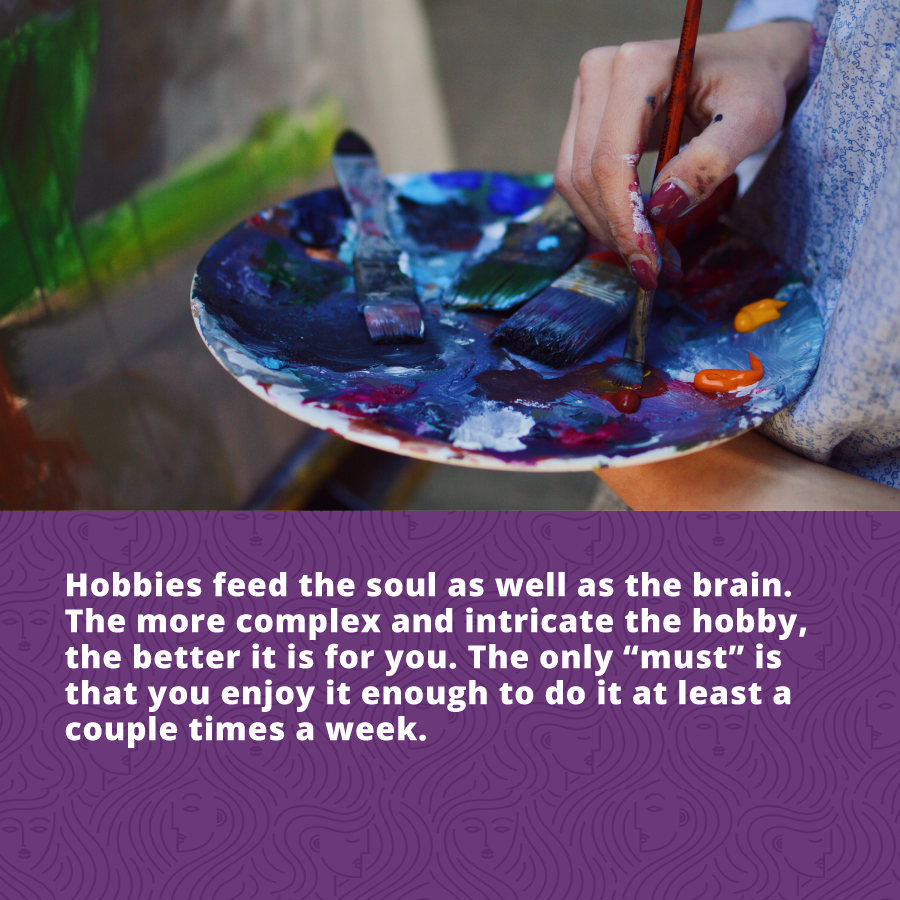Stress Management: How to Rejuvenate the Mind, Body, and Soul
Stress management begins by identifying our stress triggers. We know that stress wreaks havoc on our health. It’s no secret, just look at how aches and pains seem to vanish after a week of vacation. Conversely, those pounding headaches seem to conveniently start on our busiest days of the week. So how do we rejuvenate our bodies or prevent the nasty side effects of stress from ever popping up? Let’s get to the root of the problem.

The First Step in Stress Management is to Identify Stress Triggers and Symptoms
What symptoms of stress do you feel in your body? Headaches, digestive issues, muscle tension, low energy? Jot down any ways that stress affects your mental or emotional state. Do you snap at people, hover around sweets, reach for a cigarette when you quit years ago, and so on?
Mentally review your typical day and week. Whenever the events or situations from above arise, write them down on a notepad or on your phone. Ask yourself – is this related to my children? My family, health, finances, work, relationships, etc.? According to a report by the American Psychological Association (appropriately called: Stress in America – Paying With Our Health), money is the top cause of stress in the United States.
Once you get to the root of what’s stressing you, apply these stress-relieving tips and techniques. Select a few you’re willing to try and then commit to one, or a version of one, that works for you.
Connect With Others
Social relationships – both in quality and quantity – affect our immediate and future physical and mental well-being. In one study, which compared participants’ long-term social habits and health records, those with strong social connections had a 50% greater chance of survival than their less-outgoing peers. In fact, lack of social connection was a stronger risk factor for death than even lack of exercise AND obesity. Social isolation was also found to be a leading cause of depression.
When you feel responsible for someone else, you create a new purpose for yourself. It also helps us to feel more grounded and picture ourselves in the grander scheme of life, rather than being drowned in the day to day stressors. Get involved with a cause or volunteer program. Strike up a conversation with the woman you’re always running into at work. Get on a Zoom call with a friend or ask a colleague or network connection for a virtual coffee date. Invest in others, and find clarity in the connections it creates.
Make Time to Meditate
Meditation isn’t only meant for the yoga studio. In fact, today, 18 million Americans say they maintain some kind of meditation practice. Do it regularly to calm your mind, reduce blood pressure, boost immune function and keep stress in check. The best part? Finding mindful meditation, or simply observing the present moment, can be done anywhere, at any time. If you’re looking to start, check out Younger In 8 Weeks for guidelines on establishing a meditation practice.

Try Out a New Hobby (Or Pick Up an Old One)
When’s the last time you picked up a paintbrush? Or put together a puzzle? Whether it was years ago or yesterday, participating in brain-stimulating hobbies can help keep your mind off other things and functioning smoothly as you get older. It also provides us with space for creative expression and peaceful time to sort through our emotions on a more rational and deep level.
Hobbies feed the soul as well as the brain. The more complex and intricate the hobby, the better it is for you. The only “must” is that you enjoy it enough to do it at least a couple of times a week.
Screen Your Screen Time
The average American spends 42 hours a week in front of screens working and streaming media. Sure, screens can give us access to language learning courses, documentaries, news, and articles but it’s rarely what sucks us in and turns a quick check-in into a doom scroll. Add all this up and you’re missing out on years of your life! FOMO is real people! Not only do you lose out, but you’re also more likely to have insomnia, one study showed. Watch for fun, not for stress management or out of mindlessness.
We also continue to learn the profound effects of screen time leading to increased chances of depression, or lack of well-being regarding academics, career, or interpersonal relationships. Dig into a book, a journal, a chore, or task instead.
Explore these stress management techniques and select one (or more) that works for you. Though they come with a small sacrifice or step back, relieving stress and finding rejuvenation renew the body from the inside out.
Take a look at Younger in 8 Weeks to discover how you can turn back the clock on the outside, too.

